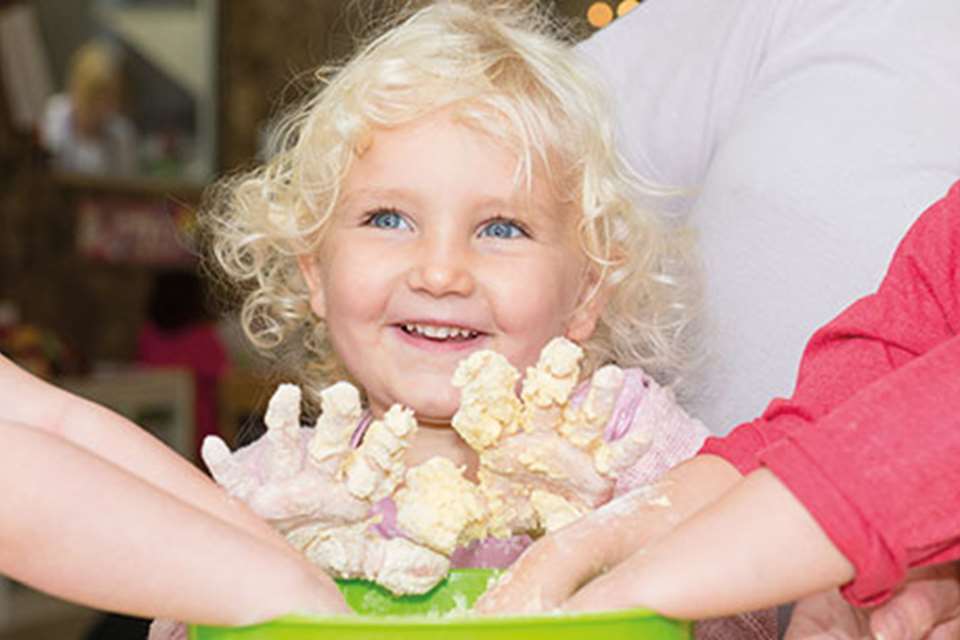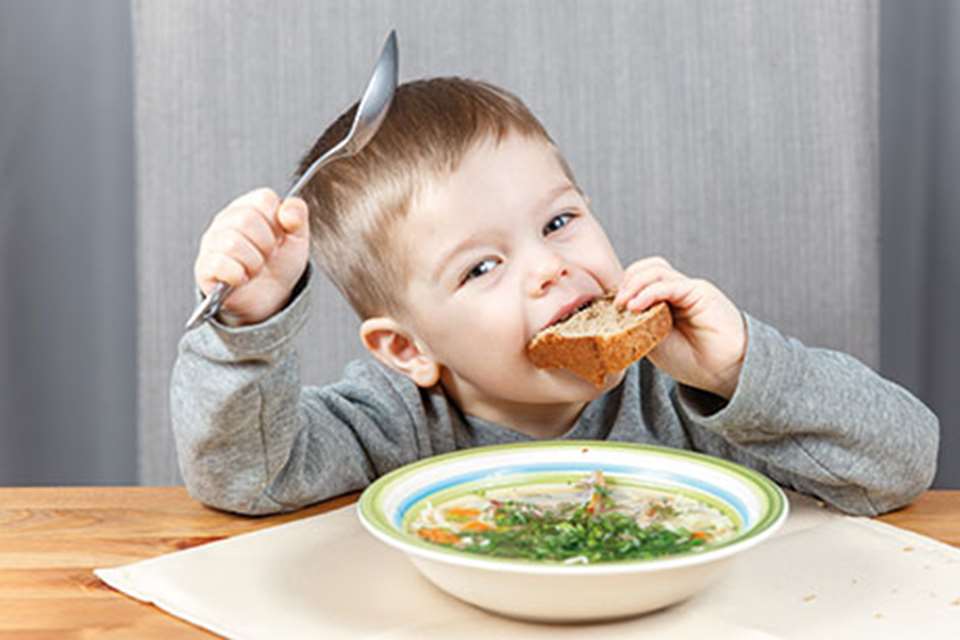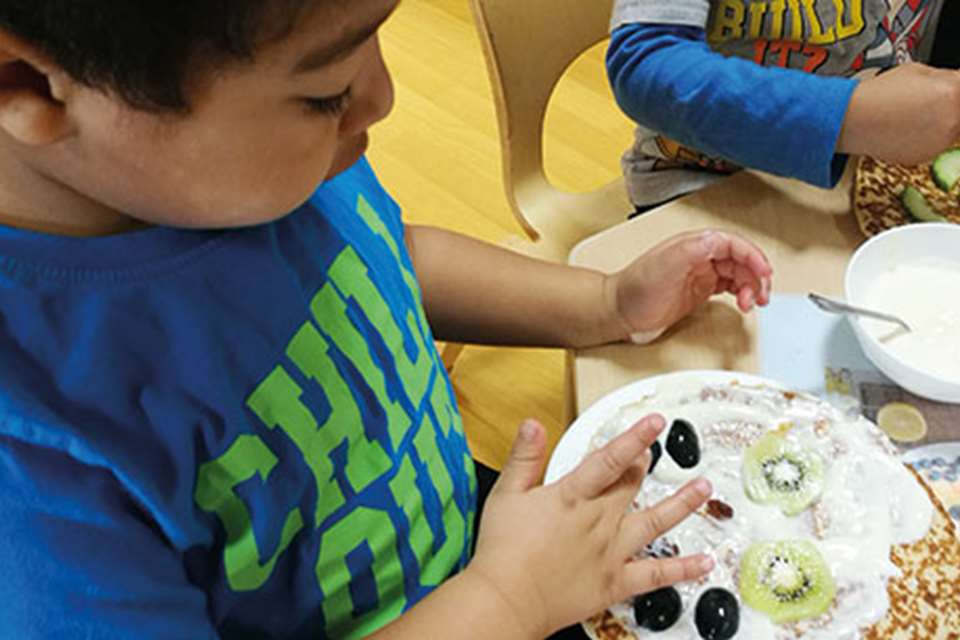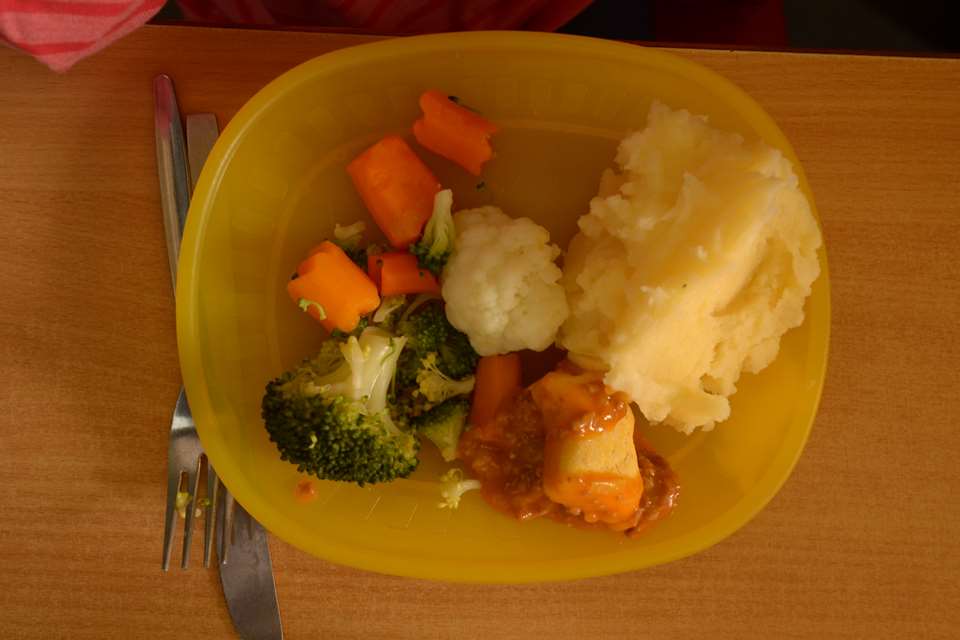A Unique Child: Nutrition - On the cards
Monday, March 5, 2018
The head of Scotland’s Active Healthy Kids Report Card discusses obesity with Meredith Jones Russell
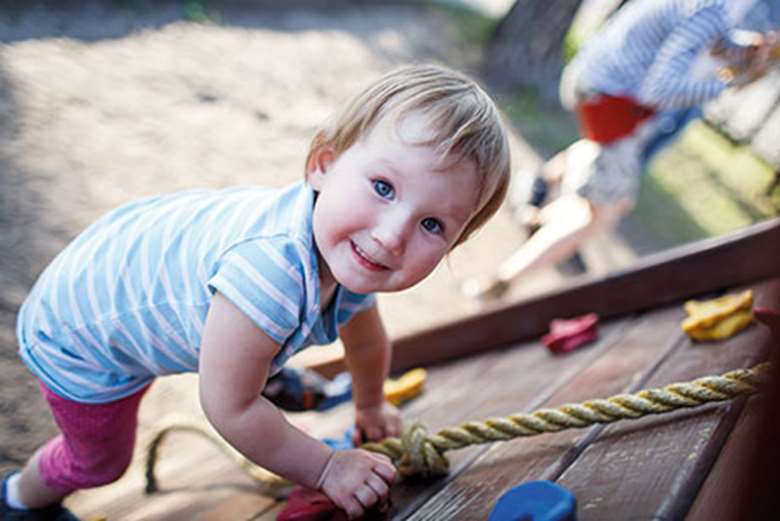
Download a PDF of Nutrition - On the cards
John Reilly is professor of physical activity and public health science at the University of Strathclyde. The focus of his research is interventions for the prevention of child and adolescent obesity worldwide, the consequences of obesity and low physical activity in children and adolescents, and global monitoring of young people’s physical activity and sedentary behaviour.
He is involved in compiling Active Healthy Kids report cards (see box) and serves on two World Health Organization committees.
What prompted your interest in obesity in the early years?
The release of national statistics on obesity in 2000-2001, in which it was clear there was an obesity epidemic affecting pre-schoolers. This was a bit of a surprise at the time as there had been a general assumption that young children were active and generally healthy, and it was something there hadn’t been a lot of research on.
What is going wrong?
Over the years, the number of calories pre-schoolers are expending has
been going down, but national data tells us the number of calories they are consuming is not. Diet goes wrong early on, particularly with things like sugar-sweetened drinks, which are often introduced at a very young age. It’s about the balance between intake and expenditure. That has become as wrong in young children as it is in adults.
Tell us about the physical activity guidelines you produce.
In 2011, I chaired the early years working group on UK-wide guidance from the Chief Medical Officer on how much physical activity people should be doing. At that time, the advice was a minimum of three hours a day for three- and four-year-olds. I suspect only a minority actually achieve that. This year, I will be chairing the update. We hope to be reporting by the end of the year.
What do you think the update will consist of?
We haven’t yet had our first meeting, but I suspect the UK guidance may end up similar to Canada’s, which looks at sleep and time spent sitting down in relation to physical activity rather than considering each of these in isolation. I can’t pre-empt the UK discussions, but I think there is a fair possibility that producing these kinds of integrated guidelines is the way we might go.
What do the guidelines in Canada look like?
Canada has specified at least one hour of recommended activity per day should be ‘energetic play’, ideally outdoors, as children have been found to be generally more active outside.
Canadian guidelines also suggest time spent sitting should not exceed one hour. When children do sit, some behaviour has been proved to promote good child development, like storytelling and shared reading, but some is not so good, such as screen time, which should be restricted to a maximum of one hour per day.
Three- and four-year-olds are advised to sleep for between 10 and 13 hours, which can include a nap. There is a lot of evidence supporting the mental health and well-being benefits of consistent bed and wake-up times.
How does the UK fare in the international comparison of the Active Healthy Kids report cards?
Of the 38 countries that produced the most recent report cards in 2016, it was clear that higher-income Western countries were much of a muchness in terms of their results. The real contrast in grades came in comparison with developing countries, where children are much more active. In Africa and some countries in South America, children are outdoors more and play more. We generally see a clustering of Western nations at the bottom of the league tables and poorer nations at the top.
What about within the UK?
The difference between home nations is pretty negligible. We all have low activity levels and high obesity levels. What is a surprise is we all have good environments for activity, especially in Scotland. Perceptions of the local area are better than expected.
We also have good national policies. We promote sport and PE and walking to nursery and school, but although all our governments have made a good stab at strategies, we still have inactive children. This can lead people to think governments should leave well alone, but in my opinion other countries just haven’t detected there is a problem yet. In the UK we have, but policies tend to follow after the event. We haven’t had time to make them work yet, or to truly understand how to turn them into results.
How can we improve?
I am aware this all sounds very depressing, but the positive spin is that we do have good governmental policies and good environments for activity. If we can get this message across, we might get more outdoor time for children. That’s why we produce guidelines, in the hope people won’t file them away, but those who read them, be they early years practitioners, health professionals, parents, grandparents or carers, will be encouraged by them.
More information
www.activehealthykidsscotland.co.uk
Report cards
 Professor Reilly leads the Active Healthy Kids Scotland Report Card, a ‘state of the nation’ report on the physical activity and health of Scottish children and adolescents. He also participates in the Active Healthy Kids Global Alliance’s summary of all the international report cards in the form of a global matrix.
Professor Reilly leads the Active Healthy Kids Scotland Report Card, a ‘state of the nation’ report on the physical activity and health of Scottish children and adolescents. He also participates in the Active Healthy Kids Global Alliance’s summary of all the international report cards in the form of a global matrix.
The report card assigns grades to nine health indicators based on an assessment of data and academic research designed to make the information digestible and accessible. The nine health indicators are:overall physical activity
- sedentary behaviour
- active transportation
- active and outdoor play
- organised sport participation
- school
- family and peer influence
- community and the built environment
- government policy, strategy and investment.
In the 2016 report cards, for example, China, Estonia and Scotland scored an F for both children’s overall physical activity and sedentary behaviours, while Slovenia emerged top in each category, scoring an A- and B+ respectively.
- The full results of the report cards are at: www.activehealthykids.org. The next set of biennial report cards will be produced by 51 countries later this year.


